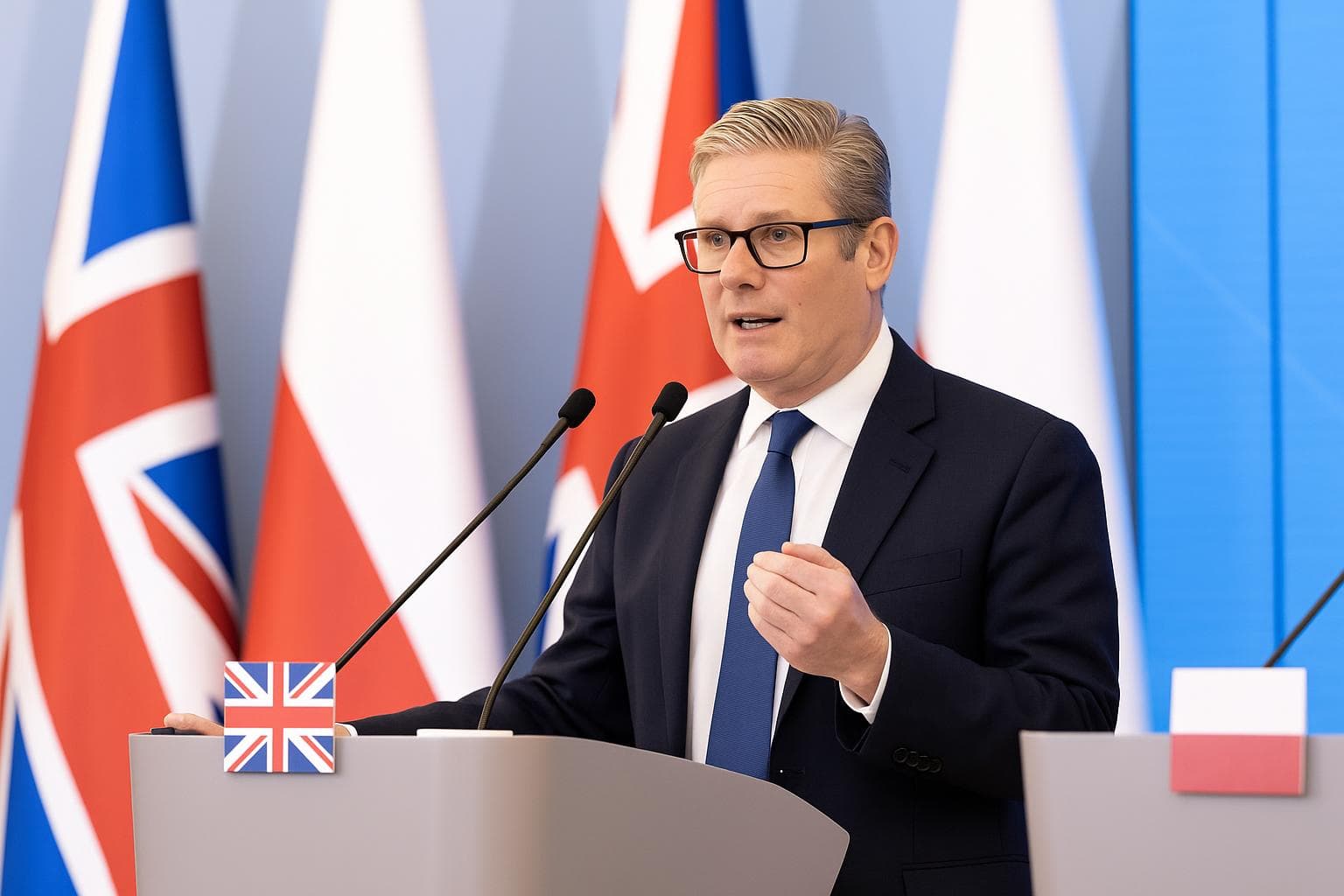Labour’s Welfare Reforms Ignite Intense Debate and Internal Division
The recent welfare reform plans under Prime Minister Sir Keir Starmer’s government have stirred sharp reactions across the UK political and public landscape. The handling of proposed cuts, especially around Personal Independence Payments (PIPs), has proven to be a defining test for Starmer’s leadership and Labour’s cohesion.
A Deeply Divisive Issue Within Labour and Beyond
When Starmer’s administration unveiled significant reforms involving tighter eligibility criteria for PIPs and reductions in the health component of Universal Credit, they immediately encountered fierce resistance from over 100 Labour MPs. This internal backlash compelled the government to soften its stance with key concessions — delaying controversial changes to new claims from late 2026 and rolling back certain cuts completely. These amendments are expected to cost approximately £2.5 billion by 2030.
While some view these U-turns as proof of the leadership listening and adapting to concerns, others see them as signs of fractured party unity and ineffective governance. Public commentary reveals a spectrum of opinions ranging from disappointment in perceived leadership failures to cautious optimism about responsiveness.
Voices From the Ground: Public and Political Responses
Calls for Fixing Core Issues Before Removing Support
- Many highlight the urgent need to address underlying problems like inadequate job opportunities, poor transport links, and limited access to mental health services before withdrawing financial support.
- Critics argue that Starmer has shown poor judgment and fails to listen to individuals impacted by these reforms.
Wages and Work: The Reality Check
- Concerns were raised that simply cutting benefits overlooks the fundamental problem of insufficient wages, which leave many struggling despite full-time employment.
- The call for fairer pay resonates strongly alongside welfare reforms.
Critique of Consultation and Process
- Lack of early consultation with disabled people and relevant charities has been widely criticised as arrogant or incompetent.
- A two-tier system created by delayed changes worsens the complications faced by vulnerable groups.
Views on Starmer's Leadership Strength
- Approximately 60% of respondents see Starmer as losing control of his party, while 24% believe he exhibits strength by listening and adjusting.
- Some praise him as the strongest Prime Minister in decades for his willingness to listen and implement changes.
- Others harshly label him out of touch or autocratic, warning of the dwindling Labour support and fractured party ranks.
Behind the Scenes: The Parliamentary Battle and Government’s Struggle
The welfare bill’s journey through Parliament was far from smooth. Despite some concessions, 49 Labour MPs rebelled and voted against the bill, with many citing concerns about the potential harm to disabled people and the creation of unfair tiers within the welfare system.
Deputy Prime Minister Angela Rayner played a critical role in negotiating further amendments after initial offers failed to win over enough MPs. The government’s handling featured tense whip operations focused on persuading newer MPs elected in 2024, but also caused discontent among longer-serving members.
The final dramatic U-turn, announced by Work and Pensions Minister Sir Stephen Timms, shelved major cuts to PIPs and postponed further changes until an extensive review in partnership with disability groups could be completed. However, this concession came with its own challenges, intensifying intra-party frustrations and questions about effective leadership.
Political Fallout and Future Challenges
- Labour's authority has been weakened by the welfare revolt, with senior figures questioning strategy and leadership decisions.
- There are looming concerns over upcoming budget constraints, potential tax rises, and the party’s capacity to govern decisively.
- Calls for a reshuffle and reconsideration of key personnel have emerged amid growing dissatisfaction.
- The rebellion has emboldened the Labour Left, who are eyeing wealth taxes and broader fiscal reforms as the next battleground.
Looking Ahead: Can Starmer Regain Control?
Sir Keir Starmer faces a pivotal moment in his premiership. The welfare reforms episode has exposed vulnerabilities in leadership and party unity, raising important questions about Labour’s future direction and ability to deliver on promises.
With public scrutiny high and MPs divided, Starmer must navigate this complex political terrain carefully. Whether through renewed dialogue, strategic reshuffling, or clearer policy messaging, the path forward demands strong, empathetic leadership. If his government can harness lessons learned from this crisis, it may yet reaffirm its mandate and restore confidence in its governance.



















